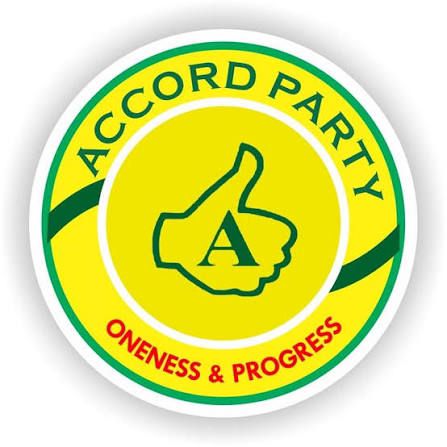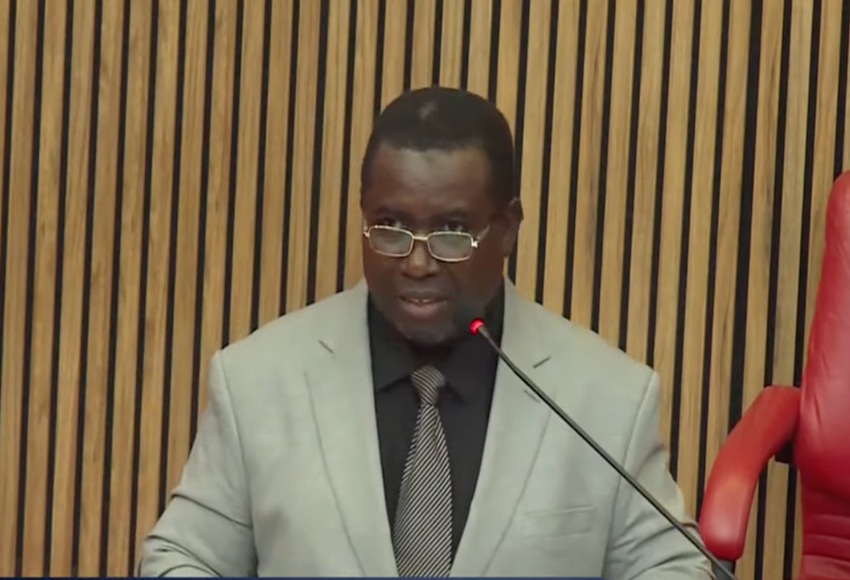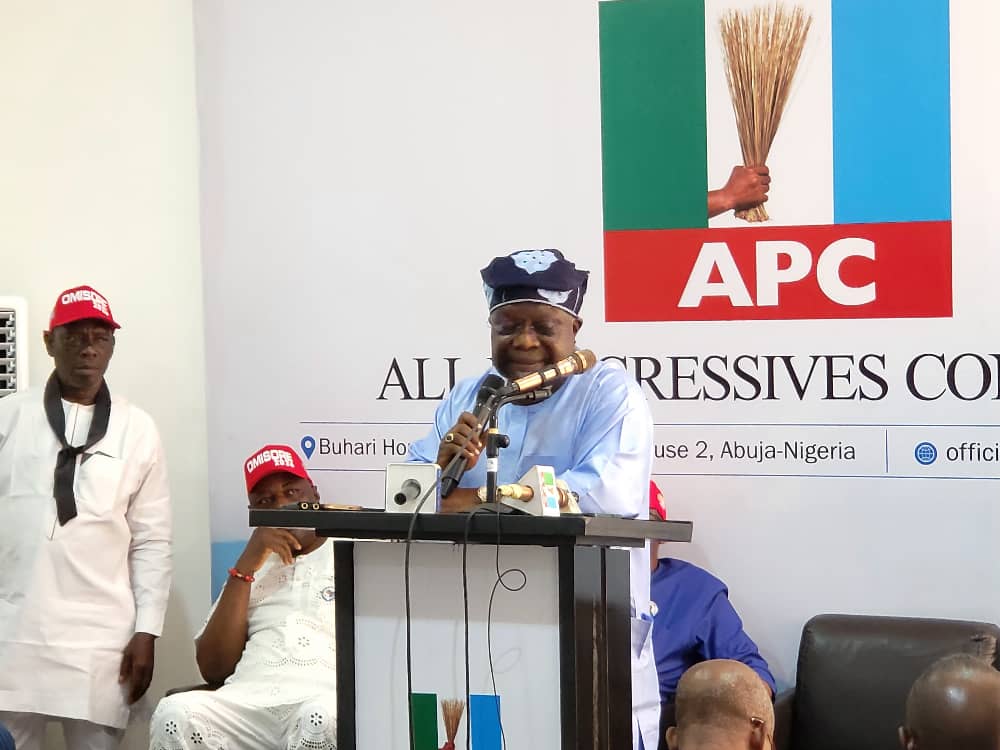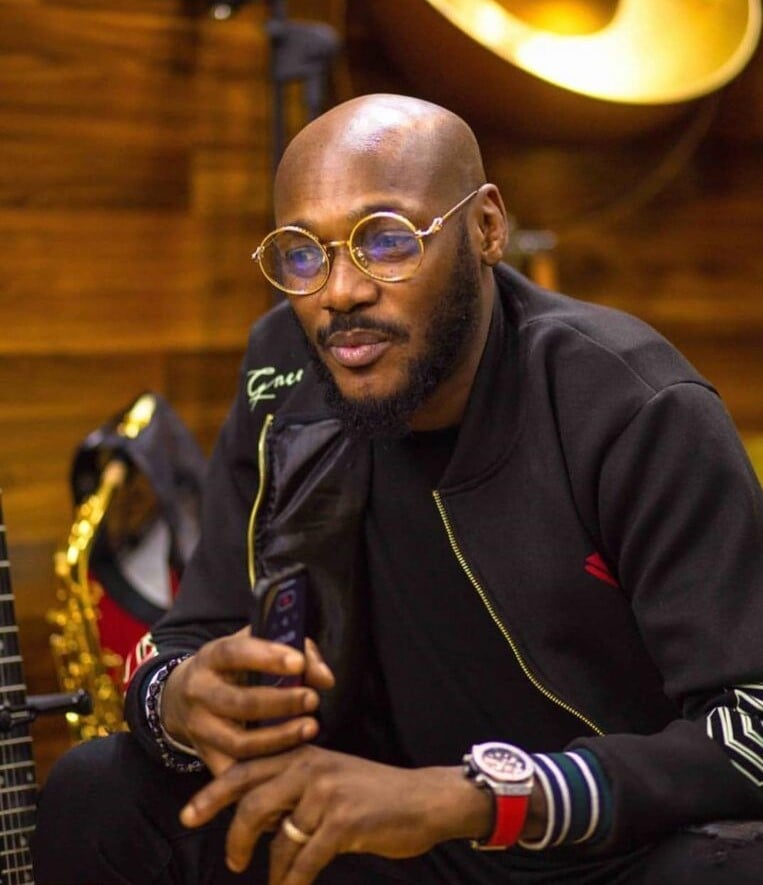The truth is, I do not particularly care about the words in the re-introduced national anthem that some people deem offensive. They consider words like “tribe” and “native” as derogatory and outdated, while the idea of a nation where people stand “in brotherhood” bespeaks its female gender as alien to its body politic. None of that bothers me, honestly. Even the idea of Nigeria as a “motherland,” makes a little difference to me. If Nigeria is a mother, she must be exhausted from giving without replenishment. The imagery of familyhood in the anthem does not move me. Some critics are rankled by the provenance of the national anthem, but not me. I remain unmoved by whether the anthem came from colonial masters or even Ancient Greece. Whatever!
What I find terribly amusing is the supposed objective of the anthem: to foster a united nation where everyone belongs. Now, that ideal is not only overly idealistic, but will be quickly discarded next cycle of election. None of the nice and cute words in that anthem will stand against the ferocious competition and divisiveness that typify our general elections. If you ask me, the song of fealty declaration to Bola Tinubu, “on your mandate we shall stand…” would have been a far more honest choice as the Nigeria national anthem than the farce of “Nigeria we hail thee” that will unravel when the general elections approach.
Why elections? Well, which other national event else brings out the beast in us? It is what our democracy solely boils down to, the ultimate determinant of our political personhood. For the political class, elections are a do-or-die affair because they calibrate their social relevance. You either deliver your constituency, or you die. To be a dead politician does not mean you stopped breathing. It simply means you cannot pull the required weight during an election season. For the underclass, the so-called “masses,” winning an election is imperative too. Elections do not guarantee that your material conditions will improve, but winning is a symbolic victory over other identity groups in the country.
We can still recall the triumphalism of Bola Tinubu’s supporters this time last year. Some were happy their tribe won; others celebrated their religion as the winner. Such joy is the sum total of their dividend of democracy. Democracy is a quadrennial cycle of conquest, the time we get to beat down the others wallowing in the same dysfunction as us for momentary self-validation. Anyone who thinks all of that sentiment will evaporate simply because the national anthem has a line about “tribes and tongues” has got another think coming.
In a pre-presidency interview, Tinubu mentioned that if he had his way, he would bring back the old national anthem because it “describes us better” and “we are one and one Nigeria.” Now, it is ironic that the election that allowed Tinubu to have his way and be in the place to change the national anthem actively pursued ethnic divisiveness as a winning strategy. Our public memory can be extremely short, but I do not think anyone could have forgotten the dirty details of their deeds so soon. At no point did Mr “We Are One And One Nigeria” publicly censure his attack dogs. They ran freely, digging their rabid teeth into the tender flesh of an already troubled nation. After the election, Tinubu appointed one of those e-hounds, Bayo Onanuga, as his media spokesperson. Such contradiction is their MO. They will gaslight you by preaching against toxicity in the same breath they use to spread it. Now that the Tinubu boys know that the current national fetish is “unity,” their new madness will be public payments of lip service to this idol.
Tinubu himself has been a politician enough to know that there are words, and there are also words without power. Uttered words can indeed have a perlocutionary effect if the circumstances around the speaker provide the necessary integrity. Without such galvanising context, words are just words, lacking any pronunciatory effect. Singing about building a nation “where no man is oppressed” in a country where the military can detain and torture you just because you wrote an article that one small big man in Aso Rock finds offensive is enough to douse whatever passion the anthem is supposed to inspire. For people to even call for the arrest of an activist who refused to stand up while the national anthem was being played means those clowns have not bothered to digest the anthem. Yet, they somehow expect the song to instigate unquestioning genuflections of loyalty. That anthem and the sense of national unity it is expected to foster is an intriguing example of magical thinking in contemporary Nigeria.
The anthem has words like “truth and justice,” but they are terms that have no corresponding meaning to the reality of our being Nigerian. They are words emptied of meaning; mere gibberish poor schoolchildren will regurgitate during their daily general assembly. Hardly anyone, especially those who introduced, “debated,” passed, and signed the bill for the former anthem to be restored, believes there is any charm to its composition that can make it foster unity. They demanded its re-introduction simply because they were struck by nostalgia. And what do you expect from old men whose debilitated minds have long dreamt the last of their dreams?
In fact, the 2027 election might be too far before the rubber of the virtues they want to signal through the anthem hits the road of the Nigerian political system. With the way people have been severely impoverished by the poorly conceived and ill-executed policies of this administration, do not be surprised if they testily peck at each other’s intestines earlier. By 2027, the All Progressives Congress will start fuelling and harvesting that toxicity to rally its supporters. Given their administrative missteps so far, it is not that hard to forecast how the next three years will go. It will be virtually impossible for them to sell Tinubu’s second term based on his performance, and they will need to fall back on their old gimmicks of ethnic and religious divisiveness.
You can expect that sometime in 2026, the agenda will start agending. Seemingly out of the blue, someone will restart the stale conversation about “Lagos is no man’s land” and the usual idiots will fall in line. Their choristers, presently buried in the sewers of social media, will be activated in their sleeper cells with chants of “Yoruba ronu!” Another clown will come up with a “Christianisation” agenda to mobilise Muslims who might have become disillusioned with a Muslim-Muslim presidency. Even though the present administration would not have done anything significant for Muslims, they will still stir religion by reminding Muslims of the possible loss of the presidency in which they at least get to claim some symbolic power.
As the invigorated partisans herd out to vote, guess what nobody will give a hoot about? Yup, the ideals of national unity despite diverse “tribes and tongues.” The utopic vision of a “nation where no man is oppressed” and where “peace and plenty” will one day exist will be distant in our minds. The next time you hear it will be during the swearing-in where it will be, once again, trotted out as another meaningless rite of nationhood; the things we are expected to mindlessly repeat like a digital voice assistant but which we would be dupes to believe. If those who brought back the anthem had truly believed the national anthem could potentially configure cohesive nationhood, they would have approached the whole exercise far more thoughtfully. They were shoddy because they—like most of us who will now be unfortunately subjected to mouthing meaningless words—are seriously cynical about the whole Nigerian project.
Advertisement




